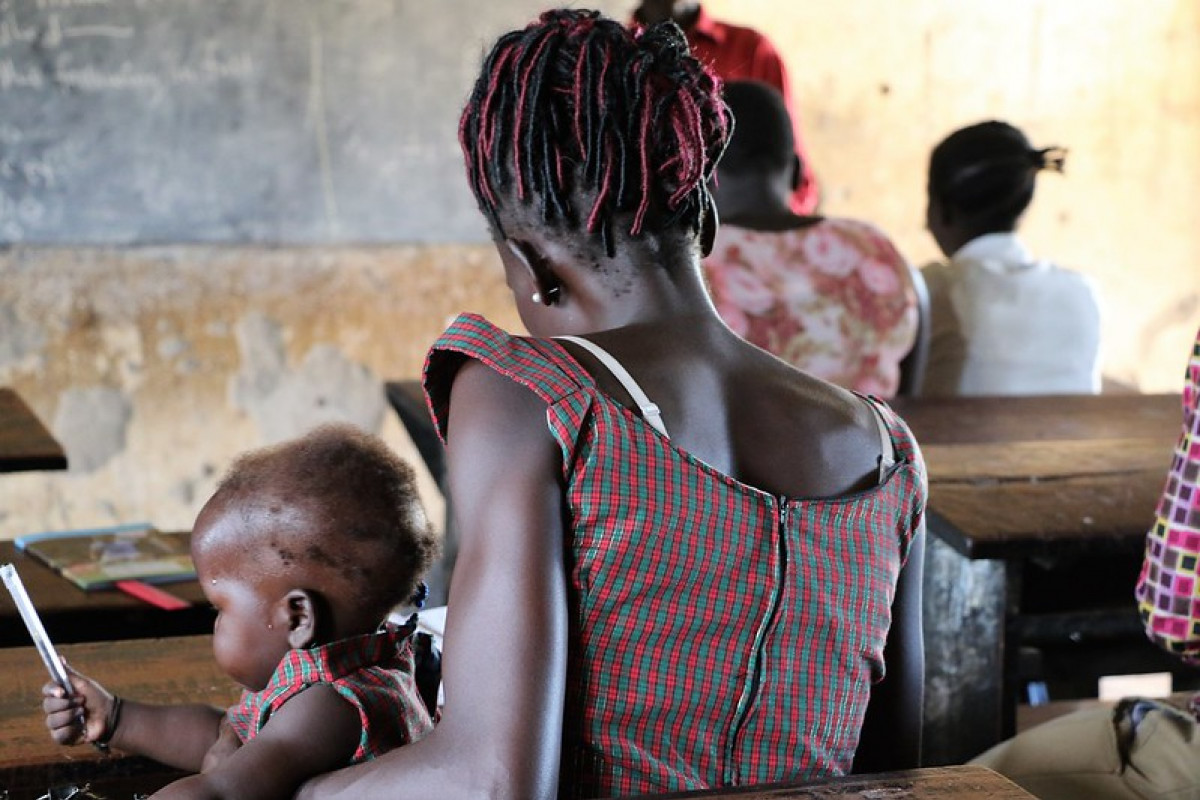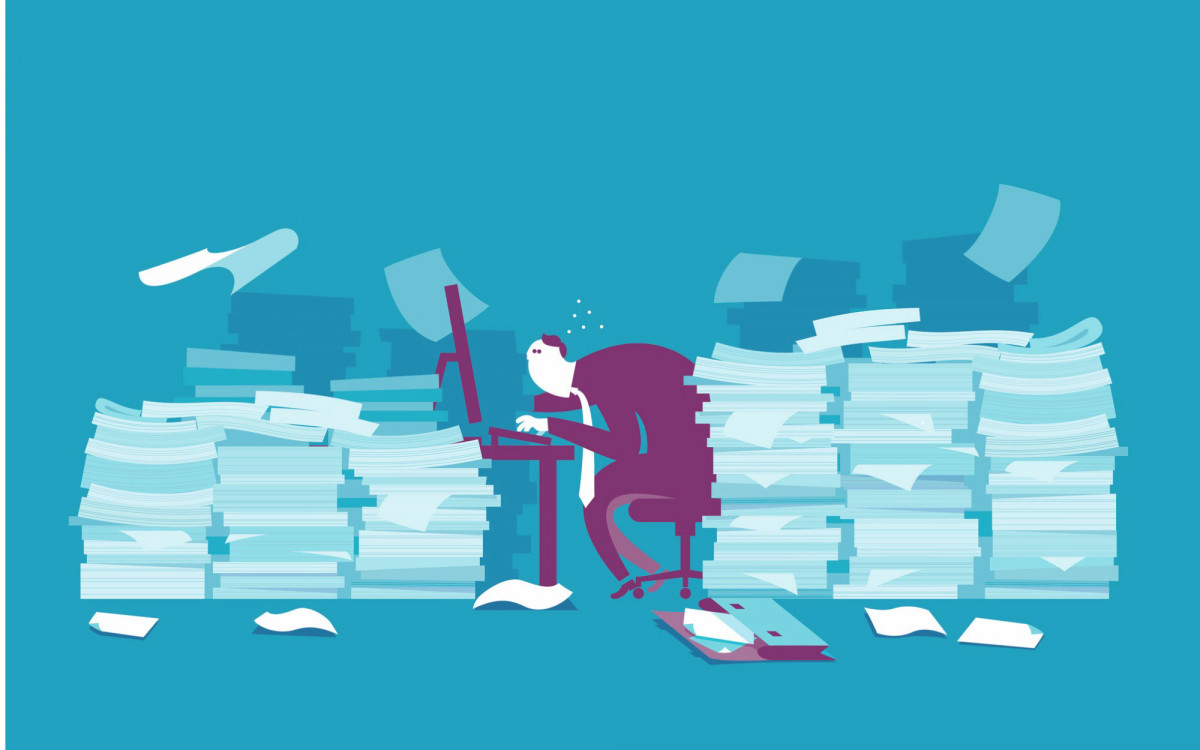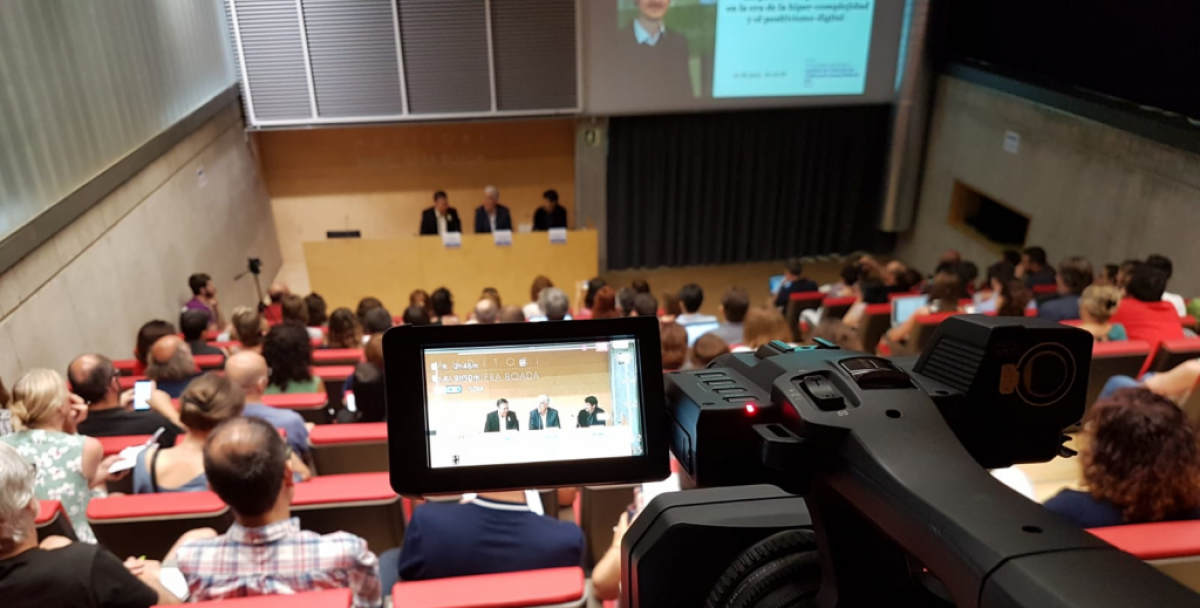The article argues that education technology (ed-tech) is often seen as a quick solution to longstanding educational challenges, but this is an illusion. Despite some promising evidence, the mere presence of technology does not guarantee improved learning outcomes when deployed at scale. Effective technology use requires addressing pedagogical issues, inequalities, governance, and policy challenges. Policies that rely solely on technology often result in suboptimal outcomes, negatively impacting more vulnerable communities.
Research
A veces las invitaciones a una entrevista tienen destinos inesperados, esta es una de esas. La comparto aquí en caso que pueda ser de interés… "En términos concretos, en la educación quizá habríamos de pensar en planes curriculares que pongan no tanto énfasis en enfoques enciclopédicos centrados a “conocer” muchos temas, y más en “comprender” por qué ocurren las cosas y cuáles son sus implicancias a corto y largo plazo."
"...The digitalization of education should be geared towards a better implementation of the right to education for all, where it is demonstrated that it brings a significant added value. In this regard, it is important to understand the profit-driven agenda of digital technology lobbyists and companies. In addition, the digitalization of education should not increase inequalities and benefit already privileged segments of societies only or lead to violations of other human rights within education, in particular the right to privacy...."
¿Cuál es el papel de la política educativa en esta nueva etapa de tecnología digital basada en plataformas? ¿Dónde está la evidencia de que los alumnos aprenderán (o están aprendiendo) mejor, más rápido o de manera más eficiente utilizando estas plataformas? ¿Quién y cómo debe adoptar y administrar estas plataformas? ¿Cómo transformarán los códigos éticos, pedagógicos y sociológicos del aprendizaje?
During the pandemic digital technologies allowed us to save endless hours of transportation, commuting, for work, shopping or leisure. This post explores whether digital technologies are carbon footprint neutral or not? What is the environmental impact of using phones, streaming or sending an email? What is important to know and what actions can be taken? It is important that individuals, societies, and governments are mindful of the existing digital footprint. Increasing awareness in this field can be a game-changer. Think about how you can help.
(Blog disponible en castellano) As education systems emerge from this COVID crisis, it is clear that a new chapter is waiting to be written on teacher training (e.g., increasing investments in remote learning, adopting blended models when schools partially reopen, or creating remedial e-courses), which can help educational systems build back stronger and become more equitable. It is critical to develop teachers’ digital pedagogical skills. These are the skills needed to critically assess and decide when and how to incorporate digital tools, and realistically define their impact to support or enhance learning. This is now more crucial than ever, as teachers who cannot effectively use technology may in the future be replaced (or displaced) by those who can. This post includes +15 country experiences. Better strategies are needed for teacher capacity-building, innovating teacher training methods (virtual coaching) and regular follow-up plans to support the skills developed, using remote tutors & peers.
There is a growing body of research focused on the importance of artificial intelligence, computer networking, game development, mobile application development, cybersecurity, today are expected to represent a larger portion of the labor market in the coming decade. All these capacities require not only being able to read and write code (like programming, which can be done by machines), but also and even more important perhaps is the capacity to unpack the software or the tech systems we use (decoding). This idea of "deconstruction", borrowed from the philosophy, is critical to understand how algorithms are built, identify bugs in the system, recognize bias, and problems with functionality but also how they can affect people or affect different groups of users.
Five years ago Uruguay decided to create a research center focused on producing expert knowledge in the field of digital education. After an international call I was humbled to be chosen as director of this novel but ambitious initiative. Being a small country all I knew was the huge opportunity behind connecting and supporting national and international networks of experts in the field of EdTech.
Este nuevo libro busca escapar de los reduccionismos. Según el tipo de trayectoria que se siga con la lectura puede transitarse desde el optimismo (utopía) a la tragedia (distopía) o simplemente desde el diagnóstico a la reacción (posible). La lectura es a medida y a gusto del lector. No hay recetas ni doctrinas que puedan instalarse de manera tan sencilla como una actualización en su sistema operativo. El objetivo último es reflexionar desde una perspectiva crítica y abierta sobre las consecuencias de la masificación de las tecnologías y su impacto en las nuevas formas de poder y control de la sociedad actual.
[Texto en catalán] Aquest és el segon ICEberg Day organitzat per l’ICE Josep Pallach. Es va realitzar al Parc Científic i Tecnològic de la Universitat de Girona i va aplegar docents universitaris i també professorat d’educació secundària. La intervenció de Cristóbal Cobo es va centrar en com repensar l’aprenentatge en la societat actual on la incertesa, la complexitat i la sobreexposició a la tecnologia en són elements claus.









